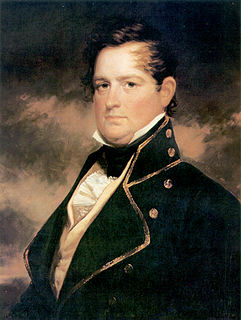A Quote by Mark Strand
Poems not only demand patience, they demand a kind of surrender. You must give yourself up to them. This is the real food for a poet: other poems, not meat loaf.
Related Quotes
These are crystalline - oftentimes incandescent - translations of Juarroz's powerful metaphysical poems where eternity and silence jut up against a world where “writing infects the landscape” and there are “more letters than leaves” - The kind of match one hopes for where both the translator and the poet are in luck; new poems which don't leak and yet old poems in which the original passion shines.
If the motive of writing is for some people a kind of exercise in dirty laundry, that's one thing. I've always thought of my poems as meant to be overheard, as I think all of these poems are. It seems to me if you get experience right, even your most painful or humiliating experiences - if you get those experiences right for yourself and make discoveries as you go along and find for them some formal glue - they will be poems for others.
It's true, there aren't many explicit references to Canada in my book. And not many explicit references to the U.S., either. I try to fill my poems with enough real, observed detail that the poems create a believable world - but I don't write poems for the sake of telling my own story. My life is not important or interesting enough to warrant that kind of documentary. Instead I try to use my experience as a way of understanding situations that are common to many people. I want readers to project their own lives onto my poems.
I do believe that oil production globally has peaked at 85 million barrels. And I've been very vocal about it. And what happens? The demand continues to rise. The only way you can possibly kill demand is with price. So the price of oil, gasoline, has to go up to kill the demand. Otherwise, keep the price down, the demand rises.
There is nothing “still” in the remarkably visceral poems of Alexander Long's third collection, Still Life, and nothing is at rest in these restless and edgy poems. Conversational and kinetic, these poems chart the traces left by the shifting overlays of the templates of literature, rock-and-roll, and contemporary culture. As each poem in Still Life attempts to fix a focus upon a scene or subject, the protean natures under view draw the poet into the eddies and complexities of reflection. This is a powerful and moving collection of poems.







































